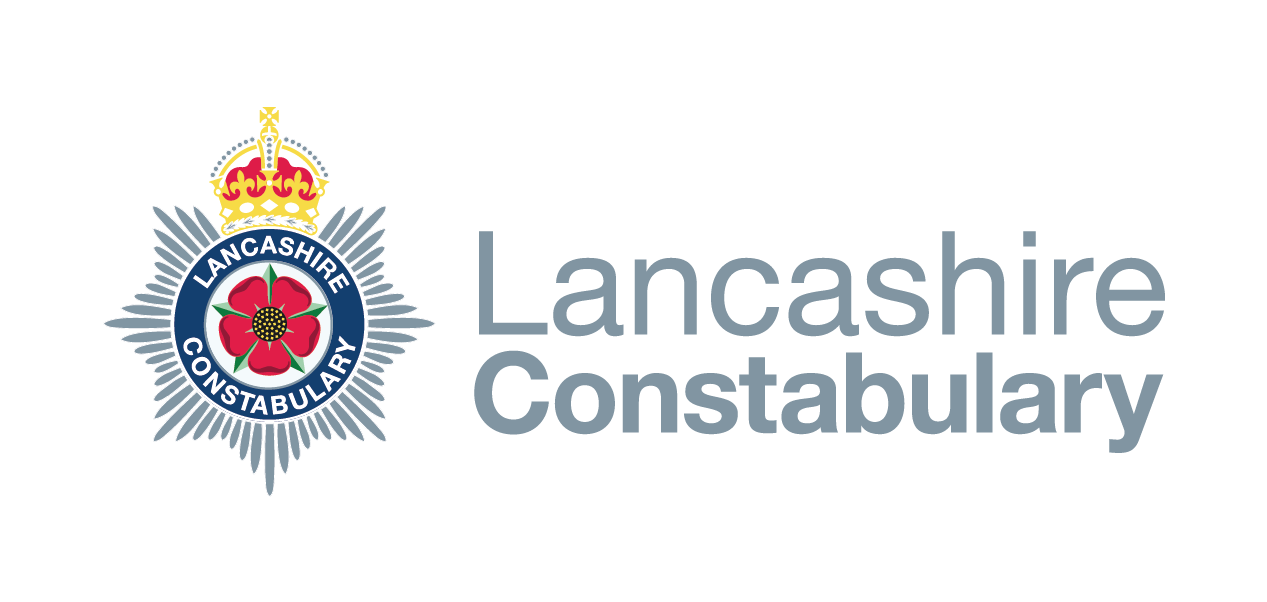Fraud
Fraud is when a person lies to you, or ‘scams’ you, to gain an advantage, such as taking your money or learning private information about you. This could be via email, text, phone or in person, either on the street or on your doorstep.
There are many words used to describe fraud: Scam, con, swindle, extortion, sham, double-cross, hoax, cheat, ploy, ruse, hoodwink, confidence trick.
These are just a few words you might hear in relation to fraud. Fraud can be committed against individuals or businesses. Have a look at Action Fraud’s A-Z of fraud for information about different types of fraud.
With a little knowledge you can protect yourself and others from fraudsters too:
- Find out about the most common types of fraud
- Learn the ten golden rules to prevent fraud
Ten golden rules to prevent fraud
Remember these ten golden rules to help you prevent fraud and beat the scammers.
- Be suspicious of all ‘too good to be true’ offers and deals. There are no guaranteed get-rich-quick schemes
- Don’t agree to offers or deals immediately. Insist on time to get independent or legal advice before making a decision
- Don’t hand over money or sign anything until you’ve checked someone’s credentials and their company’s
- Never send money to anyone you don’t know or trust, whether in the UK or abroad, or use methods of payment you’re not comfortable with
- Never give banking or personal details to anyone you don’t know or trust. This information is valuable so make sure you protect it
- Always log on to a website directly rather than clicking on links in an email
- Don’t just rely on glowing testimonials. Find solid, independent evidence of a company’s success
- Always get independent or legal advice if an offer involves money, time or commitment
- If you spot a scam or have been scammed, report it and get help
- Don’t be embarrassed about reporting a scam. Because the scammers are cunning and clever there’s no shame in being deceived. By reporting it, you'll make it more difficult for them to deceive others
The Take Five team have created a series of information videos to educate people on different scam types. The videos below highlights the different tactics that criminals use to steal people's money and information, providing key advice on how to stay safe:
- Impersonation Fraud
- Payment In Advance Fraud
- Investment Fraud
- Invoice Fraud
- Purchase Fraud
- Remote Banking Fraud
- Romance Scams
Get help or report a scam
If you think you’ve uncovered a scam, been targeted by a scam or fallen victim to fraudsters, contact Action Fraud on 0300 123 2040 or at Action Fraud.
Call us on 101 if you know the suspect or they’re still in the area.
Reporting crime, including fraud, is important. If you don’t tell the authorities, how do they know it’s happened and how can they do anything about it?
Remember that if you’re a victim of a scam or an attempted scam, however minor, there may be hundreds or thousands of others in a similar position. Your information may form part of one big jigsaw and be vital to completing the picture.
What to do if you’re worried about a friend or Family member?
Some adults may be especially vulnerable to fraud and financial abuse. If you’re concerned about someone you know, contact your local council’s social services and ask for Adult Social Care. You can find your local council’s details by visiting: Find your local council - GOV.UK (www.gov.uk)
For more information and help and to report fraud, go to Action Fraud, the UK’s national fraud and cybercrime reporting centre.
Accessibility
Some of our PDF and Word documents are essential to sharing information. Over the coming months, we are reviewing all our web pages and making the necessary changes to ensure that they are accessible for all.
The accessibility regulations do not require us to fix PDFs or other documents published before 23 September 2018 if they are not essential to the organisation.
However, we recognise that there are several PDF and Word documents that are essential to our organisation and that we have a duty to publish these in a format accessible to all. Alterative formats of all documents on our website are available upon request. You can make a request by emailing our Media and Engagement Department:
[email protected]
Please make sure you include in your message the following:
- The name of the document you require in an alternative format
- The format you require the document in
- Your name

